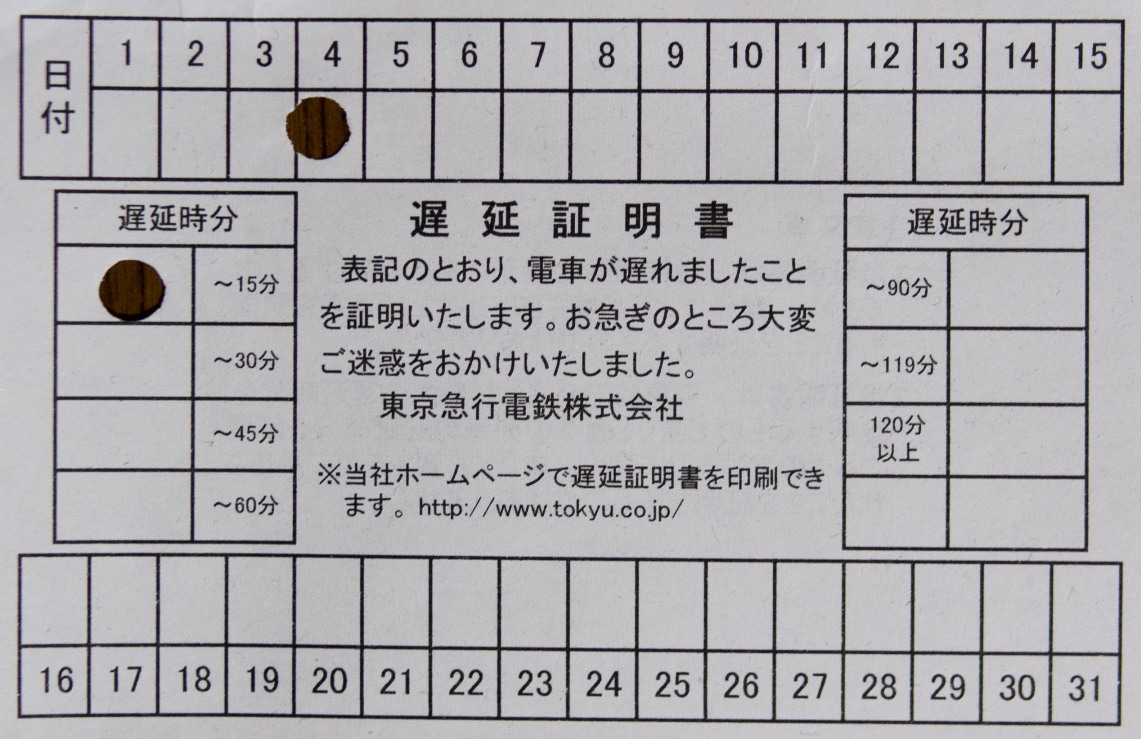If you’re going to a party in Japan, don’t be late! Here’s why being fashionably late could ruin your reputation

The difference in how Japanese people and their overseas counterparts perceive punctuality is compared with a theoretical question: What time should you arrive at a party that starts at 7? Cultural differences in what makes for a good guest may be the reason behind the significant difference in what constitutes a timely arrival.
The host of the Japanese TV show Cool Japan, Shoji Kokami, shares excerpts from his book examining the cultural differences between Japan and the rest of the world. Cool Japan is a Japanese TV variety show where individuals from countries outside of Japan are interviewed about their interests in the country and its culture. Much like the TV program, Kokami’s book presents the thoughts of foreigners regarding unique Japanese phenomena. This time the topic of the perception of timeliness is examined.

Kokami’s article starts by asking the reader a theoretical question about when one should arrive at a party. He questions “If you’ve been invited to a party at 7 p.m., what time do you arrive? If you were to answer, “At 7 p.m. of course” you might run into some trouble abroad.” Over his extensive time spent with people from countries outside of Japan, Kokami has observed that Japanese people tend to have a stricter perception of punctuality. He claims that individuals from Western countries (those outside of Asia) often prefer to arrive approximately 30 minutes to 2 hours after a party’s scheduled start time, but also notes that in Asian countries with warmer climates, punctuality tends to be even more relaxed.
For many Japanese people, being on time, or even a bit early is generally the preferred arrival time to an event, with many viewing the start time as less of a suggestion, and more of a request. Kokami mentions an instance where the difference in timeliness between foreigners living in Japan and Japanese people even led to different arrival times being given to each group, with earlier times being given to foreigners and the actual arrival time being given to Japanese guests.
In Japan, it’s typical for guests to arrive at an event around five to 10 minutes before it starts. This gives guests time to properly greet the host and get settled into the environment. A Japanese guide on party manners states “It’s ideal to arrive 5-10 minutes before you can enter the venue. Arriving at the venue about 10 minutes early allows you to greet the host and give gifts before the party starts. It’s important not to be late for the start of the party, but if you can’t arrive on time, you should contact the organizer in advance.”

Kokami notes that when he asked foreigners why they preferred not to arrive ‘on time’ for events like parties, their response was simply that they didn’t want to be the first ones there. It appears that the fear of arriving at the beginning of an event causes anxiety for some, along with a feeling of not wanting to make others feel rushed. What individuals view as making a good impression may significantly affect their arrival time, with people in Japan tending to arrive early as a courtesy to their host, and people overseas often showing up later to show that they’re someone whose time is valuable.
Apart from differences in what’s considered polite, Japan’s public transportation may be giving Japanese eventgoers a leg up on avoiding tardiness. In Kokami’s book, a woman from Russia mentions “It’s easy to be punctual in Japan. In Russia, the country is so vast, and the trains don’t run on time.” It’s true that Japan’s trains are relatively punctual, adhering to a strict schedule that allows passengers to arrive and depart in a timely manner. On the occasion that a train doesn’t arrive at its expected arrival time, announcements are made, and late certificates are provided to excuse any tardiness for passengers. These late certificates can be obtained by anyone on a delayed train, however, they’re probably used the most by employees on their way to work.

Punctuality is highly valued in Japan’s business culture, and while being unpunctual in the workplace in any country may not be a great idea, in Japan, tardiness is often heavily associated with a lack of motivation and unreliability. According to MyNavi, in a survey on workplace tardiness, participants were asked about their perceptions of individuals with a habit of being late. Many respondents listed carelessness and laziness and mentioned that they considered such individuals to be non-contributing members of society. Since being late is looked down upon so severely, it’s no wonder why many try their best to avoid it.
While people in Japan may generally have a stricter view on punctuality than those abroad, there are some parts of the country with a more relaxed perception of timeliness. Kokami shares “While in most of Japan it’s common to gather five minutes early, once you head south, you’ll start hearing phrases like “Hakata Time” or “Okinawa Time.” In Japan, phrases such as Hakata Time and Okinawa Time describe how people in southern regions of Japan tend to have a more relaxed view of punctuality, often resulting in later arrival times in comparison to the rest of the country.

It seems that people from different countries have differing views on what constitutes being ‘on time.’ Factors such as a country’s transportation system and the impression an individual wishes to create, like avoiding inconvenience by arriving too early or the social blunder of arriving late, appear to significantly impact punctuality in different ways around the world.




